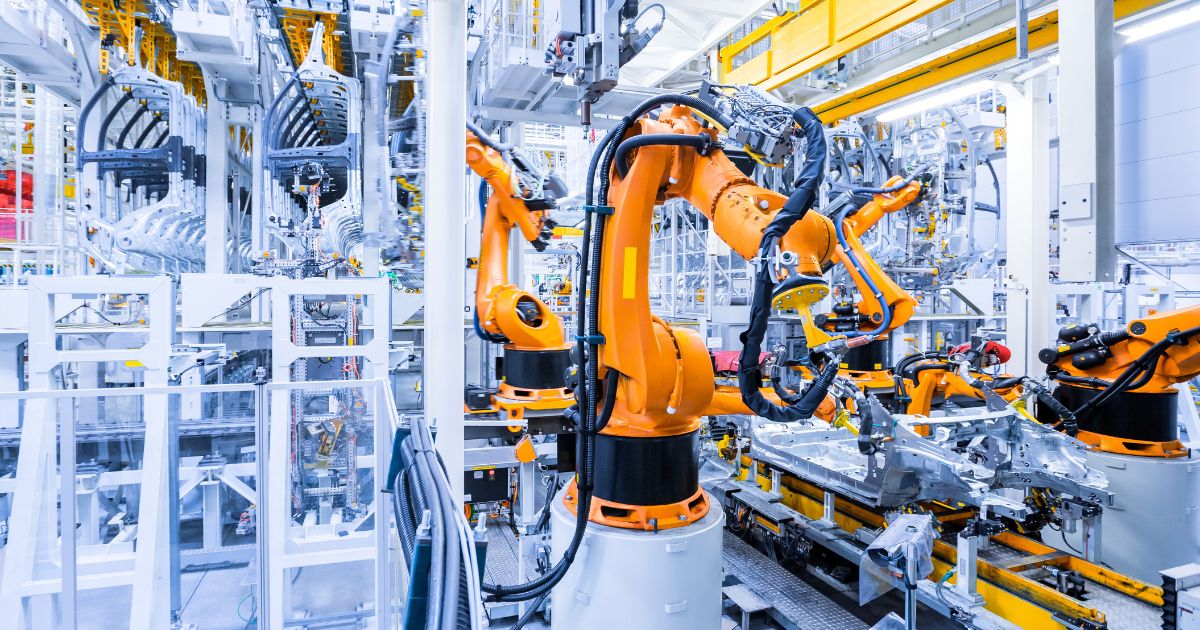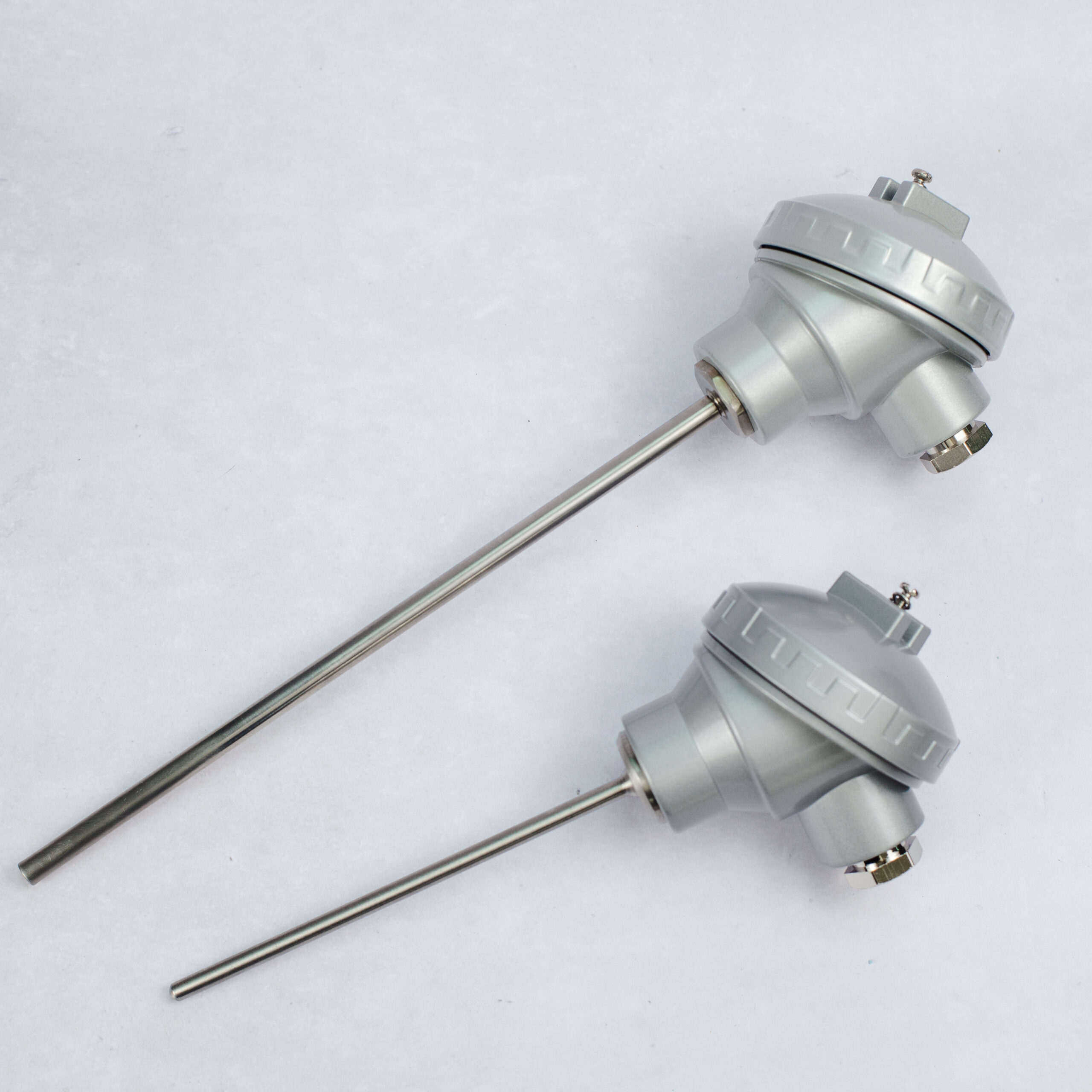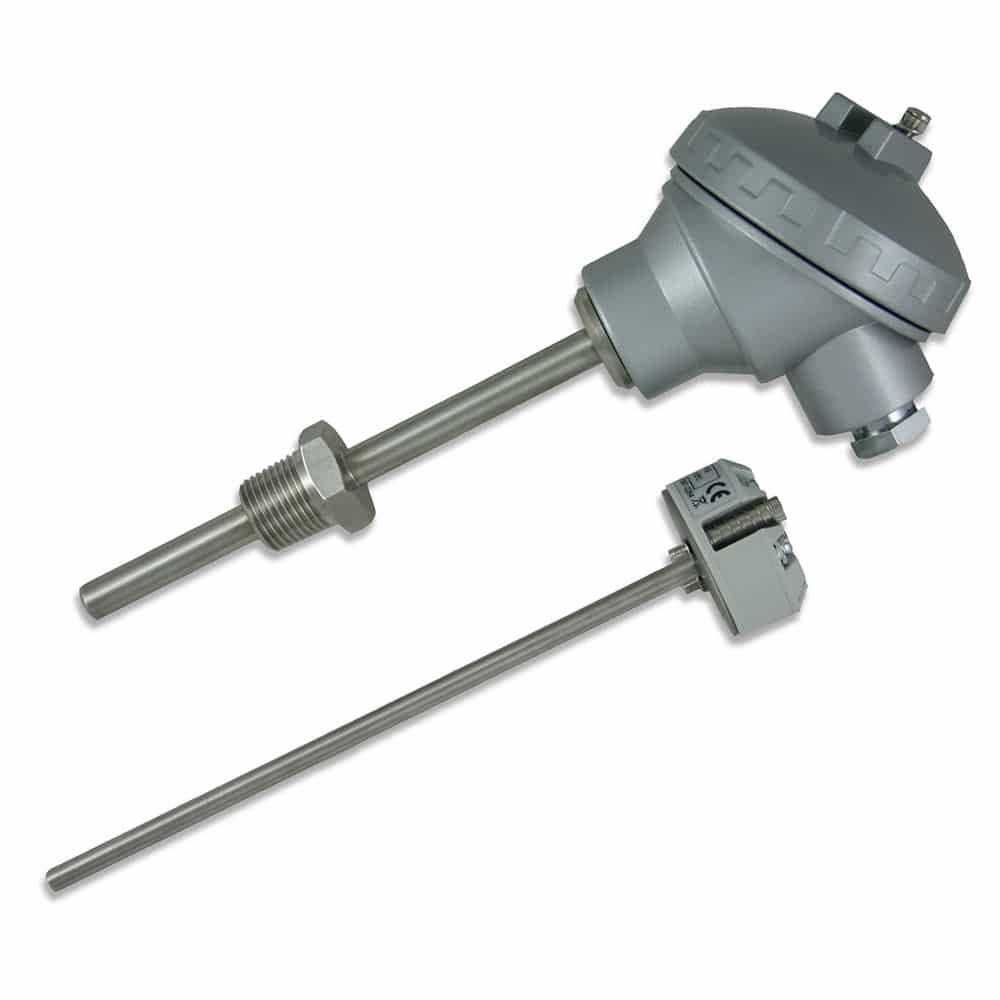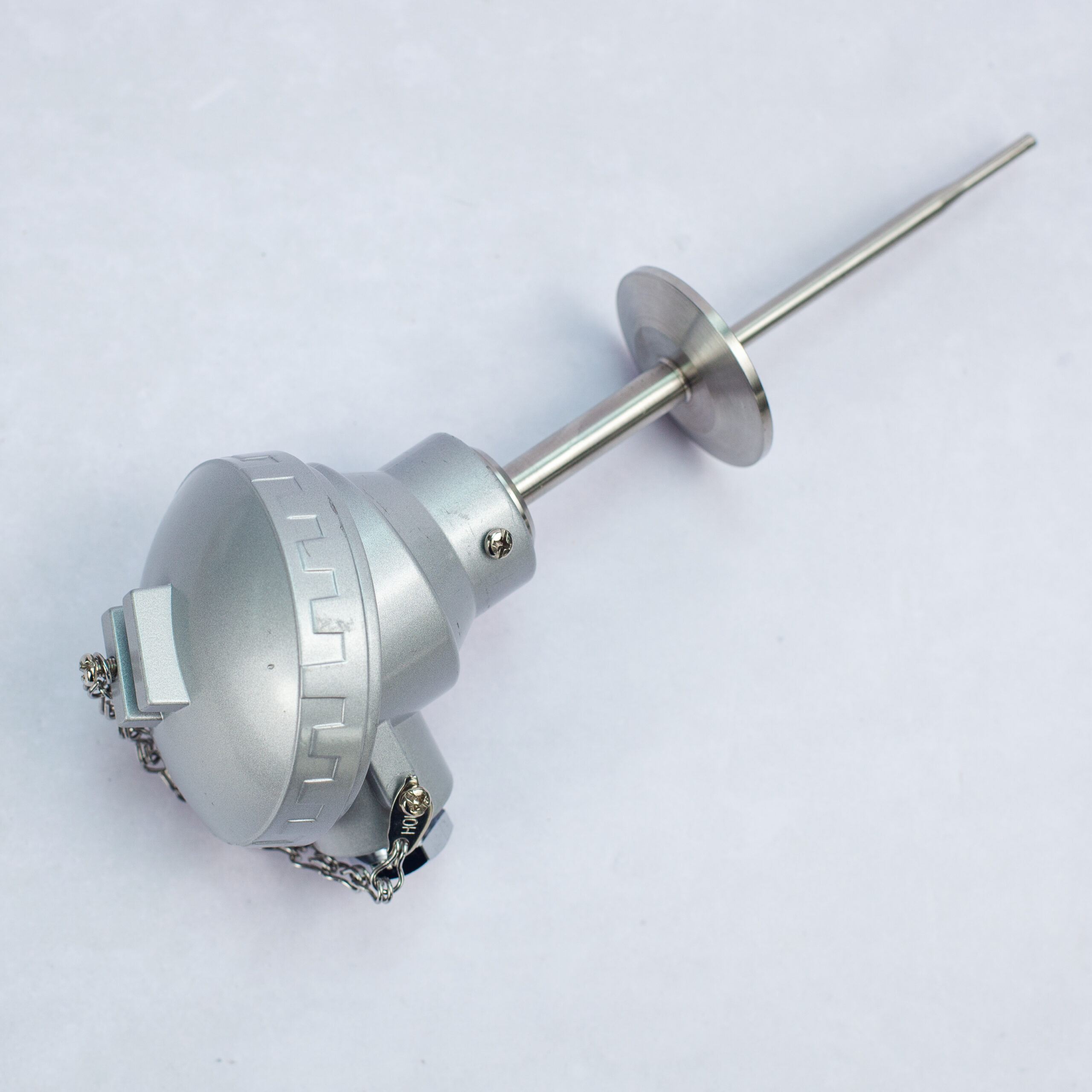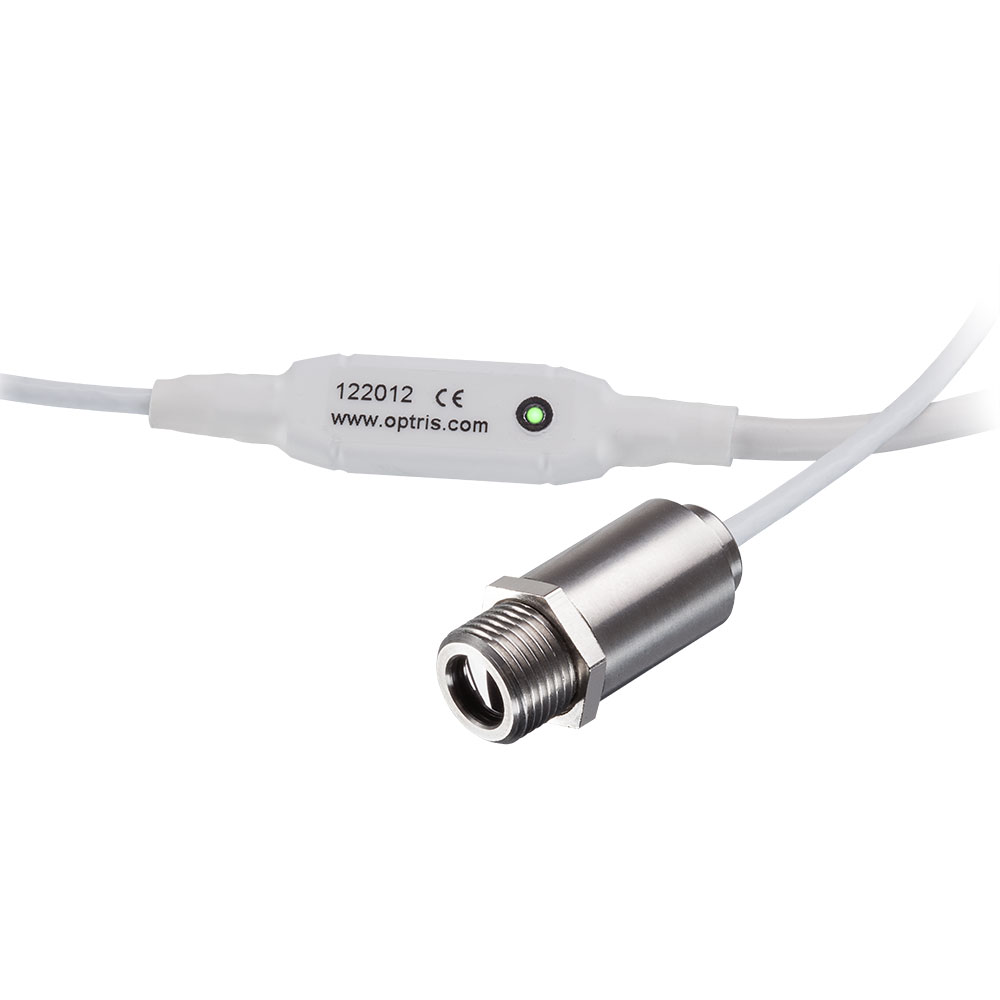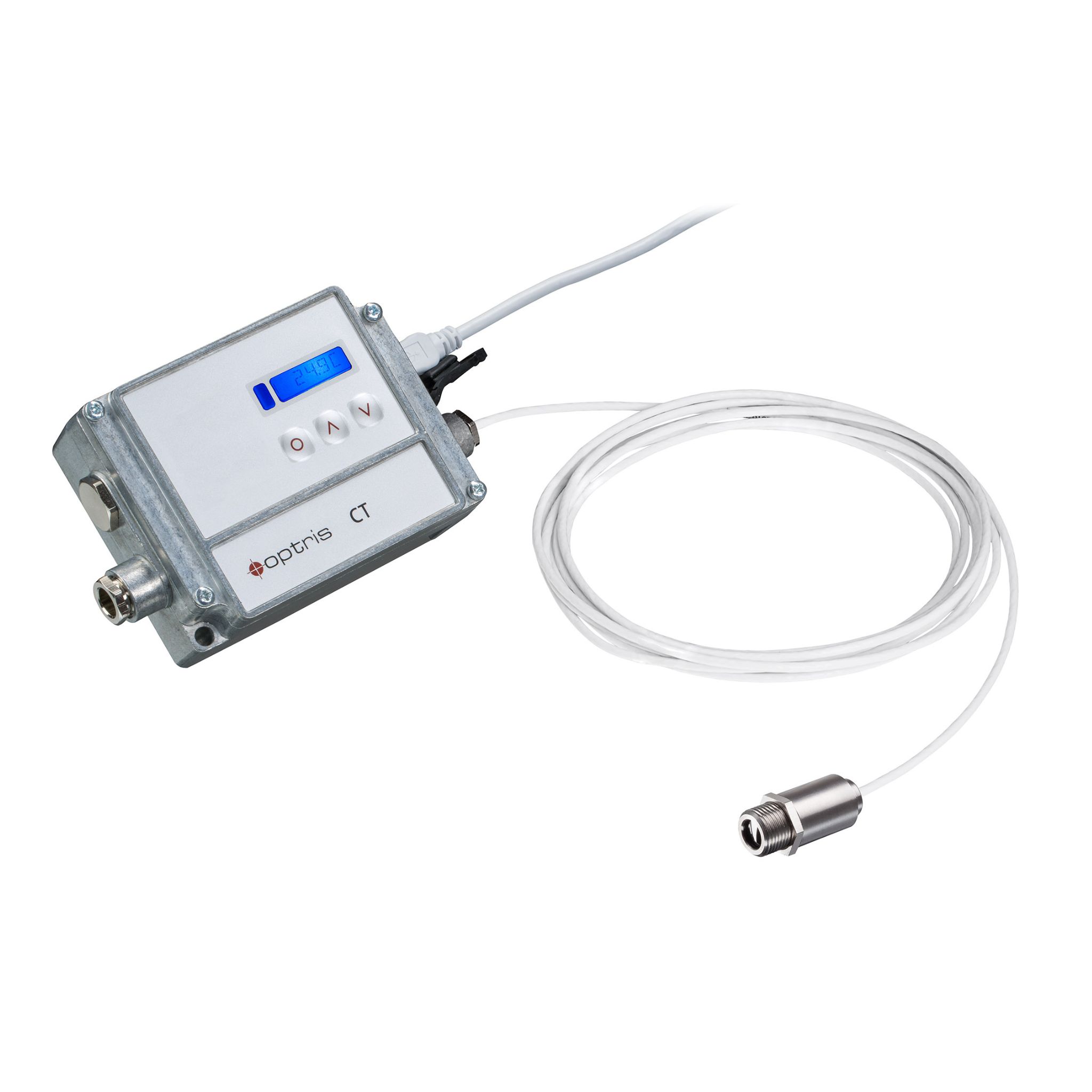Industrial Sensors: A Comprehensive Guide
A Guide to Industrial Temperature Sensors and Industrial Automation Applications
Industrial sensors are an essential component of modern manufacturing and production processes.
These devices are designed to detect and measure various physical parameters, such as temperature, pressure, and humidity, and provide real-time data to control systems and operators.
One of the primary benefits of industrial sensors is their ability to improve efficiency and productivity in manufacturing processes.
By providing accurate and timely data, sensors can help operators optimise production and reduce waste, leading to cost savings and increased profitability.
Sensors can also help improve product quality and safety by detecting and preventing defects or anomalies in the production process.
In this guide, we’ll discuss:
- What industrial sensors are
- The importance of sensors
- Different types
- Sensor applications and uses
At Process Parameters, we’re a leading UK supplier and distributor of temperature sensors. From platinum resistance thermometers and thermocouple sensors to industrial thermal imaging cameras and infrared thermometers, we can help. Interested in purchasing a sensor for your industrial application? Get in touch with our experts.
Get in TouchWhat are Industrial Sensors?
Industrial sensors are devices that are used to measure physical quantities such as temperature, pressure, humidity, and flow rate.
They play a pivotal role in many industrial applications, providing valuable data that can be used to optimise processes and improve efficiency.
One of the key benefits of sensors is their ability to provide real-time data. This allows operators to quickly identify and respond to changes in the process, reducing the risk of errors and improving overall quality.
Industrial sensors are engineered to withstand tough conditions, making them well-suited for use in challenging environments.
What sets industrial sensing apart is the range of applications and environments they are employed in, requiring them to operate effectively in harsh and inaccessible settings, including vibrations, high humidity, and extreme temperatures.
Industrial sensors can be used in a wide range of industries, including:
- Manufacturing
- Oil and gas
- Automotive
- Aerospace
- Medical industry
- Pharmaceuticals
- Chemical processing
- Food and beverage
They are often used in conjunction with other devices, such as actuators and controllers, to automate industrial processes and improve efficiency.
How Do They Work?
Sensors work by converting the physical property into an electrical signal that can be processed and analysed to monitor and control industrial processes.
There are many different types of industrial sensors, each with its own specific application.
Some different sensors include:
- Temperature sensors: used to measure the temperature of a process or environment.
- Pressure sensors: used to measure the pressure of a gas or liquid.
- Humidity sensors: used to measure the amount of moisture in the air.
- Flow sensors: used to measure the flow rate of a fluid.
The Importance of Industrial Sensors
1. Real-time Data
Industrial sensors provide real-time data, enabling informed decision-making and swift control of industrial processes.
2. Monitoring and Control
They facilitate the monitoring and control of critical parameters such as temperature changes, pressure, flow, and level, optimising efficiency and quality.
3. Safety and Security
Sensors contribute to safety and security by detecting the presence of people or objects and monitoring noise levels in industrial environments.
4. Predictive Maintenance
Industrial sensors gather data that can be used to predict equipment failures, allowing for proactive maintenance to minimise downtime and reduce the risk of damage.
5. Quality Control
Sensors are essential for monitoring and controlling product quality, detecting defects, and ensuring correct product assembly in industrial processes.

Types of Sensors for Industrial Automation
A wide variety of manufacturing sensors and process controls are available, each intended to monitor and gather data on diverse processes, vectors, and equipment performance metrics.
Different types of sensors in industrial automation serve specific purposes. Their implementation should be based on the equipment in use and the goals of the predictive maintenance strategy.
Let’s look at some of the main types of sensors for manufacturing facilities and factories:
Temperature Sensors
Temperature sensors measure the temperature of a material or an environment. There are many different types of temperature sensors, which can be contact or non-contact sensors.
Contact temperature sensors, such as thermocouples and resistance temperature detectors (RTDs), require direct contact with the material to be measured.
Platinum Resistance Thermometers (RTD Sensor, PRT, Pt100 Sensors, Pt1000)
RTD Pt100 Temperature Sensor PPL3-P, IP68 KNE Terminal Head, 4-20mA Transmitter
Platinum Resistance Thermometers (RTD Sensor, PRT, Pt100 Sensors, Pt1000)
Platinum Resistance Thermometers (RTD Sensor, PRT, Pt100 Sensors, Pt1000)
Platinum Resistance Thermometers (RTD Sensor, PRT, Pt100 Sensors, Pt1000)
Non-contact temperature sensors, such as infrared sensors, measure the temperature of an object without physical contact.
General Purpose IR Thermometers
General Purpose IR Thermometers
General Purpose IR Thermometers
Digital temperature sensors are used in various industries, including food processing, pharmaceuticals, and metallurgy. Temperature serves as a reliable indicator of equipment health, and temperature signals offer timely and accurate insights.
For example, equipment is expected to maintain consistent temperatures, with cooling elements in place as needed. Unexpected temperature fluctuations may indicate issues such as equipment wear, damaged components, or cooling system failure.
Related: What Is A Temperature Sensor?
Humidity Sensors
Humidity sensors are vital in industrial applications, where precise monitoring and control of moisture levels are essential.
These sensors are extensively utilised in industries such as agriculture, pharmaceuticals, and HVAC systems to maintain optimal environmental conditions for processes and product storage.
By accurately measuring humidity levels, these sensors ensure product quality, prevent moisture-related damage, and support the efficient operation of industrial equipment.
Pressure Sensors
Pressure sensors are used to measure the pressure of liquids, gases, or vapours. They work by detecting the changes in the pressure of a material and converting them into electrical signals.
Pressure sensors are widely used in the chemical, oil and gas, and automotive industries to monitor and control the pressure of fluids in pipelines, tanks, and engines.
Level Sensors
Level sensors are used to measure the level of liquids or solids in tanks, silos, and other containers. They work by detecting the changes in the level of material and converting them into electrical signals.
These sensors are used in the food and beverage, chemical, and pharmaceutical industries to monitor and control the level of materials in storage and processing.
Proximity Sensors
Proximity sensors are used to detect the target object without physical contact. They work by emitting an electromagnetic field or a beam of radiation and measuring the changes in the field or the beam.
Proximity sensors are used in automated manufacturing processes to detect the position of objects, control the movement of robots, and prevent collisions.
Flow Sensors
Flow sensors are used to measure the flow rate of liquids or gases. They work by detecting the changes in the flow of material and converting them into electrical signals.
Widely used in the water and wastewater, oil and gas, and HVAC industries, they monitor the flow of fluids in pipelines, pumps, and valves.
At Process Parameters, our team can help you select the best type of sensor for your application. Get in touch with our experts for more information.
Get in TouchApplications and Uses of Industrial Temperature Sensors
Industrial sensors are used in a wide range of applications to monitor and control various processes.
Here are some of the most common applications:
Manufacturing Automation
In manufacturing operations and industrial production, sensors are used to automate processes, reduce errors, and improve efficiency.
For example, sensors can be used to monitor the position of components on an assembly line, detect defects in products, and control the movement of robotic arms.
Process Control
Industrial sensors are also used in process control to monitor and regulate various parameters such as temperature, pressure, and flow rate.
For instance, temperature sensors can control the temperature of a furnace, while pressure sensors can be used to monitor the pressure in a pipeline.
Condition Monitoring
Another important application of industrial sensors is condition monitoring. Sensors can be used to monitor the condition of machines and equipment, detect faults and failures, and predict maintenance needs.
This helps to reduce downtime and maintenance costs and improve overall equipment effectiveness.
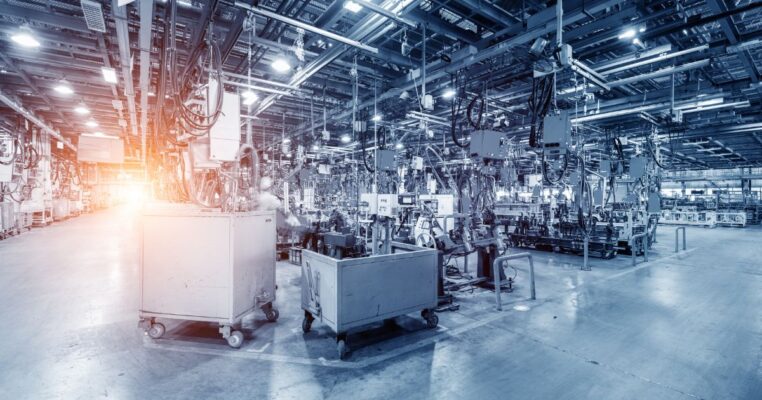
Selecting an Industrial Sensor for Your Application
Before selecting an industrial sensor, take into account specific values such as response time, size, cost, ruggedness, range, repeatability, stability, ease of integration, temperature range, power consumption, and humidity effects.
Here are the main factors to keep in mind:
Accuracy and Precision
One of the most important considerations when choosing industrial sensors is accuracy and precision. The sensor should be able to provide reliable and consistent measurements, with a high level of precision.
Select a sensor that is appropriate for the specific application and can provide accurate measurements within the required range.
Environmental Resistance
Industrial sensors are often exposed to harsh environments, such as extreme temperatures, humidity, and vibration. Therefore, it is essential to choose a type of sensor designed to withstand these conditions.
Sensors with high environmental resistance can provide accurate and reliable measurements even in challenging conditions.
Maintenance Requirements
Another important consideration when selecting industrial sensors is maintenance requirements.
Sensors should be easy to install and maintain, with minimal downtime for calibration or repairs. It is important to choose sensors that are easy to clean and do not require frequent calibration or replacement.
Connectivity Options
Always consider the connectivity options for industrial sensors. Sensors should be compatible with the existing control systems and communication protocols.
Choose sensors that can easily integrate with the existing infrastructure, and provide reliable and secure data transmission.
Industrial Sensors from Process Parameters
Industrial sensors play a vital role in modern manufacturing and process industries.
Providing accurate and reliable measurement data enables companies to improve efficiency, reduce costs, and enhance product quality.
As technology advances, industrial sensors are becoming increasingly sophisticated and versatile. Nowadays, sensors are being developed that can measure a wider range of parameters and operate in more challenging environments.
At Process Parameters, we offer a wide range of high accuracy sensors for industrial applications. From sensors for high temperatures to fast response and strong stability, we can help.
Send us an email at sales@processparameters.co.uk, call 01628 778788, or complete our online enquiry form.
Get a QuoteRelated Knowledge Guides:
- How Accurate Are Infrared Thermometers?
- Benefits of Industrial Inspection and Quality Control Cameras
- What is a Signal Conditioning?
- How to Improve Manufacturing with an Industrial Camera
- A Guide to Condition Monitoring
- What is a Level Sensor?
- Use of Temperature Sensors in Glass Manufacturing Process
- What is an RTD Sensor? How Does it Work?
- What Is a Pressure Sensor?
- Using a Thermal Camera to Detect Heat Loss
- What is a Machine Vision Camera?
- How Can a Thermal Imaging Camera Become Part of Your Process?
- Can You Improve Your Thermal Efficiency With Imaging Cameras?

